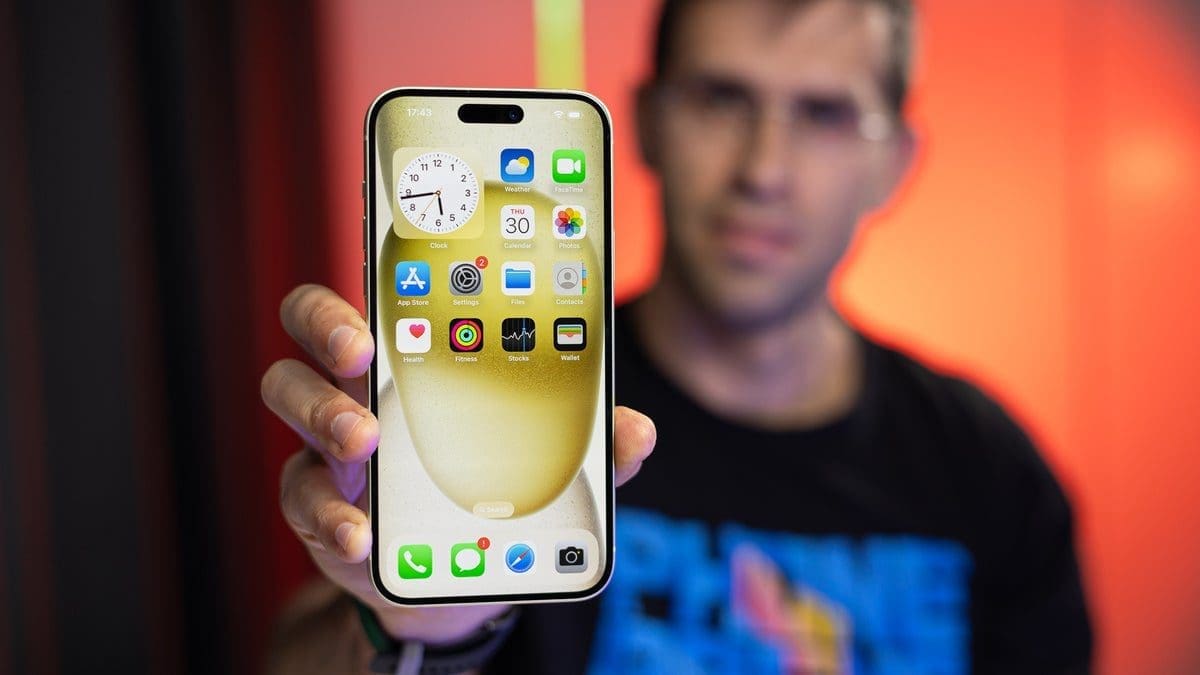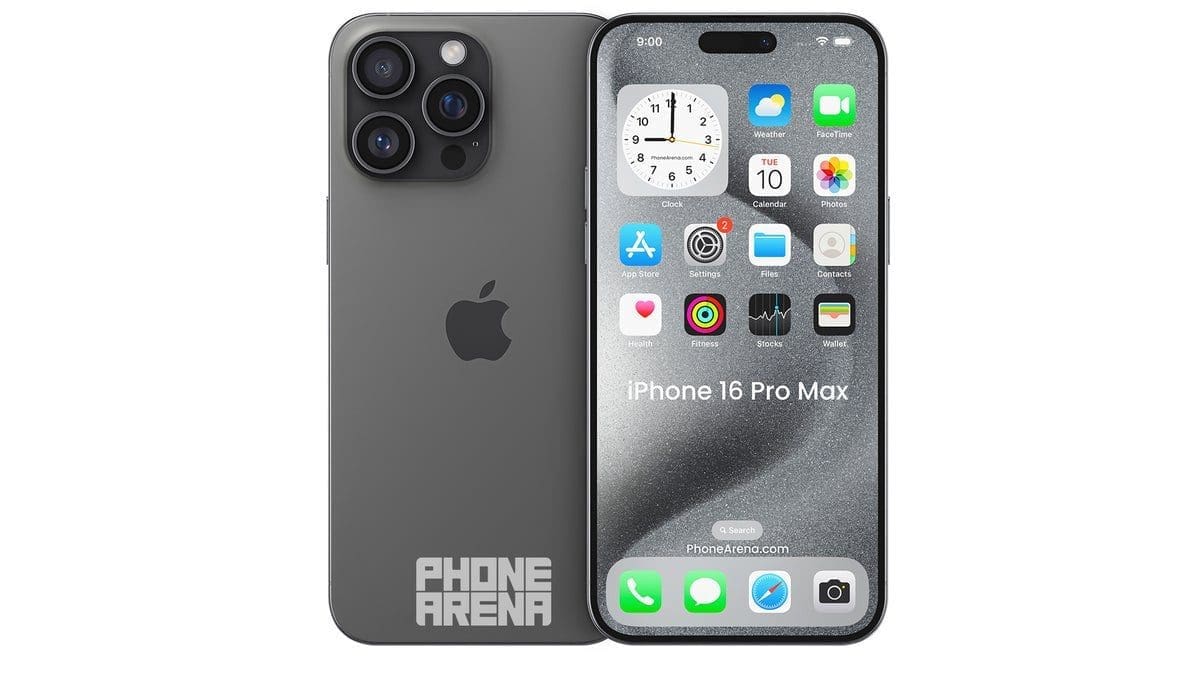Apple iPads are a fantastic device that many of us rely on daily. I’ve personally been using an iPad for almost a decade now, with my current go-to being the iPad Pro M1 11″ from 2021. The form factor, weight, and accessory options make it a versatile tool that suits my needs perfectly. While some may clamor for thinner and lighter designs, I’m content with the current specifications.
One feature that has been on my wishlist for years is an upgrade to the oleophobic coating on the screen. This subtle yet crucial element plays a significant role in the overall user experience of the iPad.
The original Apple Pencil release back in 2015 brought about increased fingerprint smudges on the screen, which went unnoticed by many at first. As more iPads became compatible with the Apple Pencil, the issue became more pronounced.
The problem lies in the effectiveness of the oleophobic coating on modern iPads. While it is supposed to repel fingerprints and make cleaning easier, many users find that it falls short of expectations.
Oleophobic coating is a thin layer applied to smartphone and tablet screens to make them easier to clean and resistant to fingerprints. However, on some iPad models, this coating seems inadequate, leading to persistent smudges that are hard to remove.
As someone who has compared older iPad models with newer ones, I can attest to the noticeable difference in oleophobic coating quality. The older models seem to have a superior coating that performs better over time.
While Apple has not officially acknowledged this issue, many users are hoping for a stealthy upgrade in future iPad releases. A simple improvement in the oleophobic coating could significantly enhance the user experience without the need for fanfare or official announcements.
As we eagerly anticipate the arrival of new iPad models like the Pro M4 and Air M2, there is hope that Apple will address this longstanding concern. Instead of focusing solely on thinner designs, many users are calling for better oleophobic coatings to improve daily usability.
In conclusion: Give us better oleophobic coatings over thinner iPads! It’s a small change that can make a big difference in our everyday interactions with these devices.









